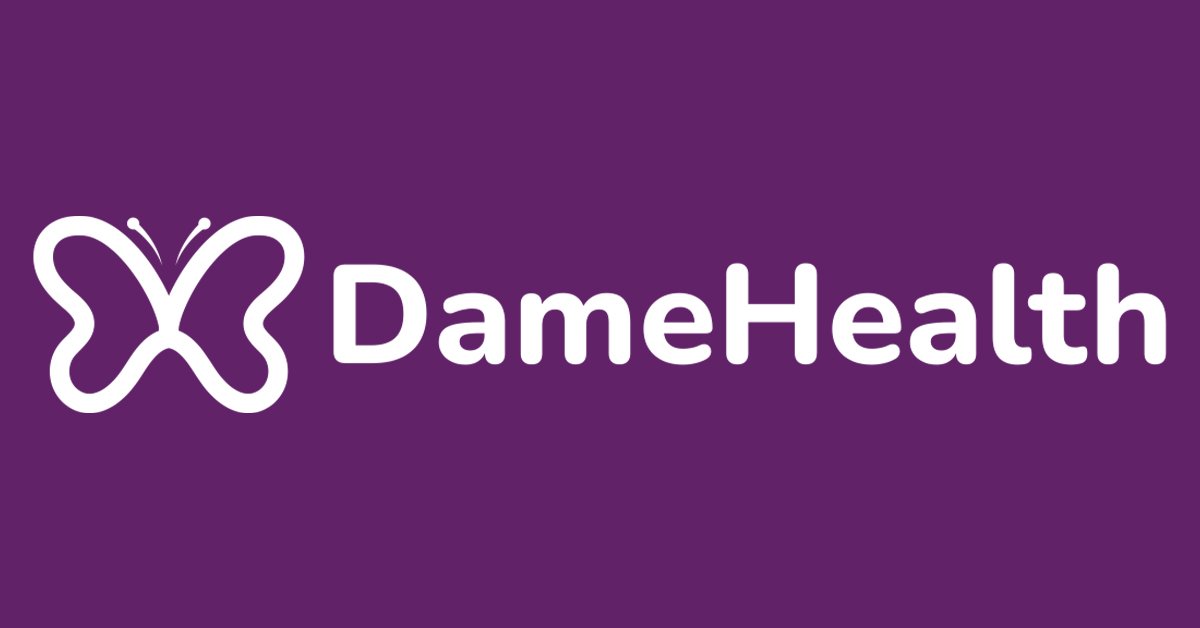
We talk a lot about women’s empowerment, self-care, and wellness. But here’s the unglamorous truth: most women are walking around with nutrient deficiencies that deeply affect their energy, hormones, mood, and long-term health—without even knowing it.
Even when we think we’re eating well, it’s shockingly common to fall short on key nutrients our bodies quietly rely on. And these aren’t obscure, hard-to-pronounce compounds—they’re the everyday building blocks for energy, mood, fertility, hormone balance, and long-term health.
Here are 5 of the most overlooked nutrients in women’s health, why they matter, and simple ways to fix the gaps—without making it complicated.
1. Magnesium: The Calming Mineral We Keep Ignoring
Ever feel wired but tired? Struggle with sleep, anxiety, or muscle tension? You might be low on magnesium—and you’re not alone.
Magnesium is essential for sleep regulation, nervous system health, and even hormone balance, yet studies show that up to 70% of women aren’t getting enough—especially in India.
And here’s the kicker: stress drains magnesium even faster.
While magnesium-enriched foods (like pumpkin seeds, leafy greens, and legumes) are great, a magnesium glycinate supplement is often needed to bridge the gap. This form is gentle on the gut and highly absorbable—ideal for those who want magnesium for sleep or general recovery.
Pairing magnesium with tart cherry—rich in natural melatonin—makes it a go-to natural sleep supplement that doubles as a muscle relaxation supplement. Whether you’re battling insomnia, PMS, or postpartum fatigue, it’s worth exploring.
A high-absorption magnesium glycinate supplement, like the one found in DameHealth Magnesium & Tart Cherry, can be a game changer. The added tart cherry naturally supports melatonin production—making this an ideal natural sleep supplement.
2. Iron: The Fatigue Culprit That Masquerades as “Just Stress”
Tired all the time, even with 8 hours of sleep? You might be low in iron.
Iron deficiency is incredibly common among women—thanks to menstruation, pregnancy, and vegetarian diets. Yet it’s often dismissed as “normal tiredness.”
Low iron can impact oxygen delivery to your cells, leading to brain fog, brittle nails, mood swings, and even hair fall.
A well-formulated prenatal multivitamin supplement with folic acid and iron can do double duty—whether you’re pregnant, postpartum, or simply trying to stay ahead. If you’re planning pregnancy, even preconception support can help optimize iron stores.
A quality prenatal multivitamin supplement like DameHealth Pregnancy Support Plus contains optimal levels of iron, folic acid, and Vitamin D to support both reproductive and postpartum health.
It’s safe to continue using post-pregnancy for restoring depleted levels and supporting breastfeeding.
3. Omega-3s: The Anti-Inflammatory Allies We Underestimate
Omega-3s don’t get the hype they deserve. From heart health to brain function to hormonal balance, these essential fatty acids do it all—but they’re tough to get from food alone unless you’re eating fatty fish several times a week (spoiler: most of us aren’t).
Omega-3s are especially important during pregnancy and preconception—they support fetal brain development and reduce inflammation linked to mood disorders.
Whether you’re on a pregnancy care plan or just want sharper focus and less inflammation, a DHA supplement for pregnancy or general omega-3 source can be game-changing.
4. CoQ10: The Energy Generator That Supports Fertility and Heart Health
If you’re in your 30s or 40s and planning pregnancy, listen up.
Coenzyme Q10 (CoQ10) is a powerful antioxidant that supports energy production in your cells—especially your eggs and heart. Natural levels decline as we age, which can affect fertility and cellular repair.
For women trying to conceive, CoQ10 for fertility is increasingly being recommended alongside other preconception nutrients. It’s also a solid pick for those focused on heart health supplements and healthy aging.
As we age, CoQ10 production drops. If you’re in your 30s or 40s and thinking about fertility, or just want better energy and cell repair, DameHealth Bio CoQ10 is a powerful antioxidant support.
5. Resveratrol: The Unsung Hero of Hormone Balance
Best known as the “red wine antioxidant,” resveratrol is now being explored for its role in menopause support, hormonal balance, and even PCOS weight management.
Studies suggest it may help modulate estrogen receptors, reduce oxidative stress, and support metabolic health—making it an intriguing option for women in perimenopause, those with irregular cycles, or anyone looking to age gracefully.
If you’re curious about resveratrol supplements, look for one that’s highly bioavailable and formulated without synthetic additives.
DameHealth Bio-Resveratrol is a clean, plant-based option that supports estrogen balance, oxidative stress reduction, and metabolic function.
3 Frequently Asked Questions About Nutrient Deficiencies:
Q1: What nutrients are women most commonly deficient in?
Iron, magnesium, folate, omega-3s, and vitamin D are the most common. Many of these deficiencies go unnoticed until symptoms become chronic.
Q2: Can I get enough magnesium from food?
Magnesium-rich foods like leafy greens, seeds, and legumes are great—but with modern stress levels and soil depletion, a magnesium supplement like DameHealth Magnesium & Tart Cherry often helps meet your body’s needs more effectively.
Q3: I’m not pregnant. Should I still take prenatal or preconception supplements?
Absolutely. Supplements like DameHealth Pre-Pregnancy Support Multivitamin are great for supporting preconception care, cycle regularity, and even energy levels—whether or not you’re trying to conceive right now.
Fixing Nutrient Gaps Doesn’t Have to Be Complicated
Here’s the truth: most women don’t need an overflowing supplement shelf—they just need to target the gaps that matter most.
Start with questions like:
- Am I constantly tired?
- Do I sleep well?
- Is my cycle regular?
- Am I planning or recovering from pregnancy?
- Do I feel inflamed, anxious, or foggy?
If yes to even a couple of these, it might be time to rethink your nutrient game. With food, thoughtful supplementation, and consistent care, you can take control of your energy, hormones, and long-term health.
Always consult with a healthcare provider before beginning any supplement routine, especially if you’re pregnant, breastfeeding, or managing a health condition.


